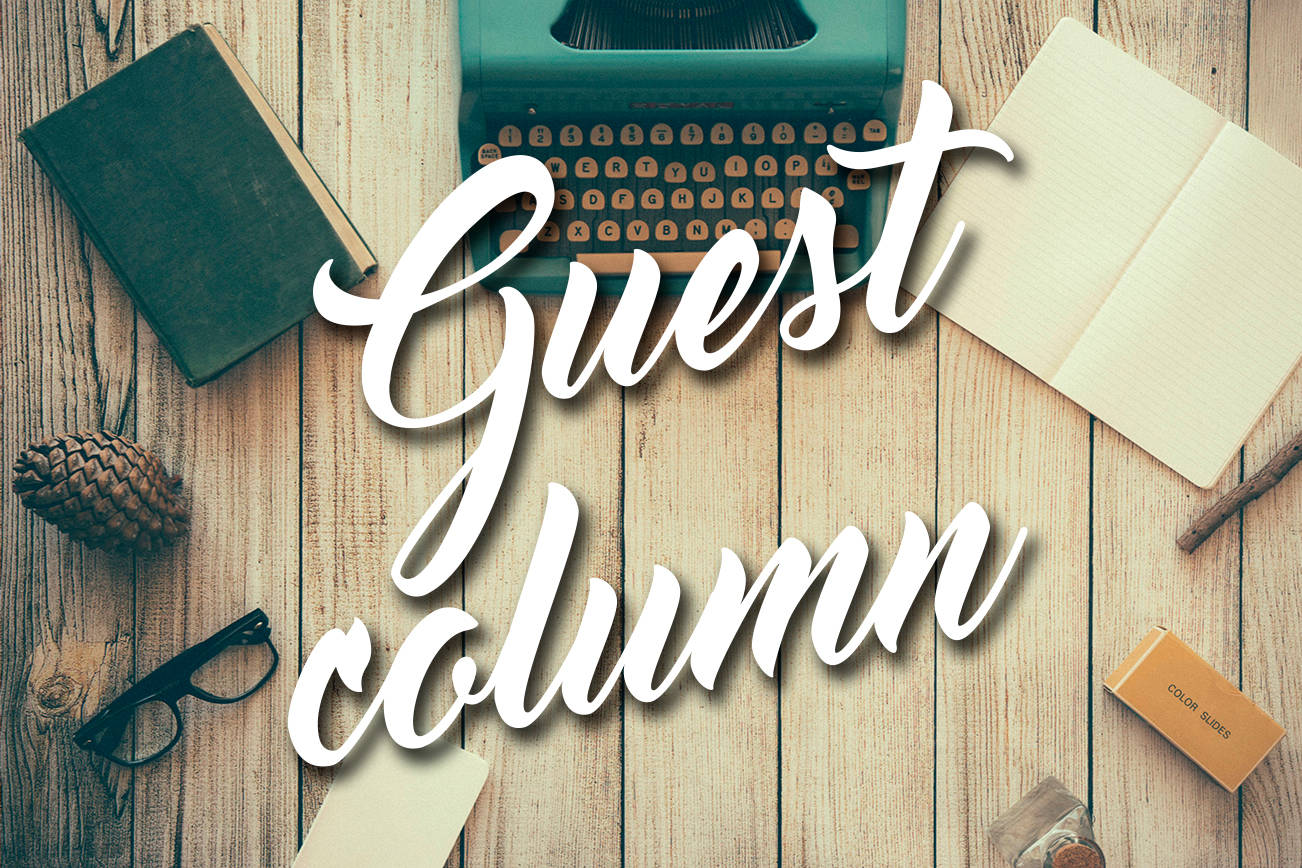Submitted by Dwight T. Colley, PsyD
Chair, SJC Human Services Advisory Board
“He who has health has hope and he who has hope has everything,” Arabian proverb.
Surely hope is what is going to get us through this ever-present, ever-changing pandemic. Health in the proverb means wellness. The secret of wellness for both mind and body is not mourning the past, worrying about the future, or anticipate troubles; but living in the present, wisely and earnestly. Nurturing yourself is not selfish, it’s essential to your survival and your well-being.
Wellness is the “active pursuit” of activities and lifestyle choices leading to complete health. Wellness is not passive. It is associated with intentions, choices and actions. It is proactive health, versus reactive health as seen in the medical community.
COVJD-19 is a wake-up call to the world. One moment people are going about their normal lives, and then in a matter of weeks, hundreds of thousands are dead, millions infected, and half the world’s population is in some form of lockdown. Never has health and well-being declined so rapidly and simultaneously. We are living in fear and uncertainty, not only of physical illness and death but the crumbling of livelihoods, communities, and economies. Our resilience as individuals is vital for survival. Healthy minds, healthy habits, strong families, a caring circle of friends, and supportive communities all strengthen our fortitude to cope with and emerge stronger from this crisis. Wellness has never been more important.
This integration of body, mind, and spirit; the need to take care of our total selves, is rooted in ancient philosophies and cultures. The first mention of this concept was 3000 BC (Hindu texts). Wellness requires you to be intentional, proactive, responsible, and empowered to engage in healthy behaviors. Suffering related to COVID can be lessened if you strengthen your wellness foundations. The difficult times show us where you should place your priorities for the future. Wellness can offer a road map for healing and growth.
Wellness is health. Human beings are more than the sum of our parts and cannot be divided. The sum of these parts is the Self, which is indivisible. Wellness is seen as a wheel composed of five elements with the Indivisible Self-being the hub.
The Essential Self – Our meaning in relation to life, self and others.
• Spirituality – Personal belief in a higher power, an oneness of the universe.
• Self-care – Taking responsibility for your wellness through habits that are preventive in nature (e.g., wearing a mask).
• Gender Identity – Being comfortable with one’s gender and feeling supported.
• Cultural identity – Being comfortable with your chosen cultural identity and feeling.
The Creative Self -The combination attributes each of us forms to make a unique place among others.
• Thinking – Being mentally active, open-minded; having the ability to be creative and experimental.
• Emotions – Being aware of and in touch with our feelings; and being able to cope with both positive and negative emotions.
• Control – Beliefs about our competence, confidence, and mastery.
• Work – Being satisfied with our work and having adequate financial security.
• Positive humor – Being able to laugh at our own mistakes and unexpected things that happen . The Coping Self A combination of elements that regulate our response to life events and provide a means for transcending their negative effects.
• Leisure – Activities providing enjoyment done in one’s free time; having the ability to approach it from a playful point of view.
• Stress management – General perception of one’s own self-management; seeing change as an opportunity for growth rather than a threat to our security.
• Self-worth – Accepting who and what we are, positive qualities along with our imperfections.
• Realistic beliefs – Understanding being perfect or being loved by all are impossible goals and having the courage to be imperfect.
The Social Self – Support through connections with others in our friendships and intimate relationships.
• Friendship – Social relations involving a connection with others not being marital, sexual or family.
• Love – The ability to be intimate, trusting, and self-disclosing with another person.
The Physical Self – The biological processes comprising the physical aspect of our development and functioning.
• Exercise – Engaging in sufficient physical activity to ensure good physical condition and maintaining flexibility.
• Nutrition – Eating a nutritionally balanced diet.
To make lifestyle changes create a plan of action. Review the areas and decide where you would like to make improvements. Identify activities you would like to participate in and list your goals in measurable terms (e.g., have coffee with a friend every Saturday). You are encouraged to track your progress.
Use this crisis to benefit your “wellness.”



